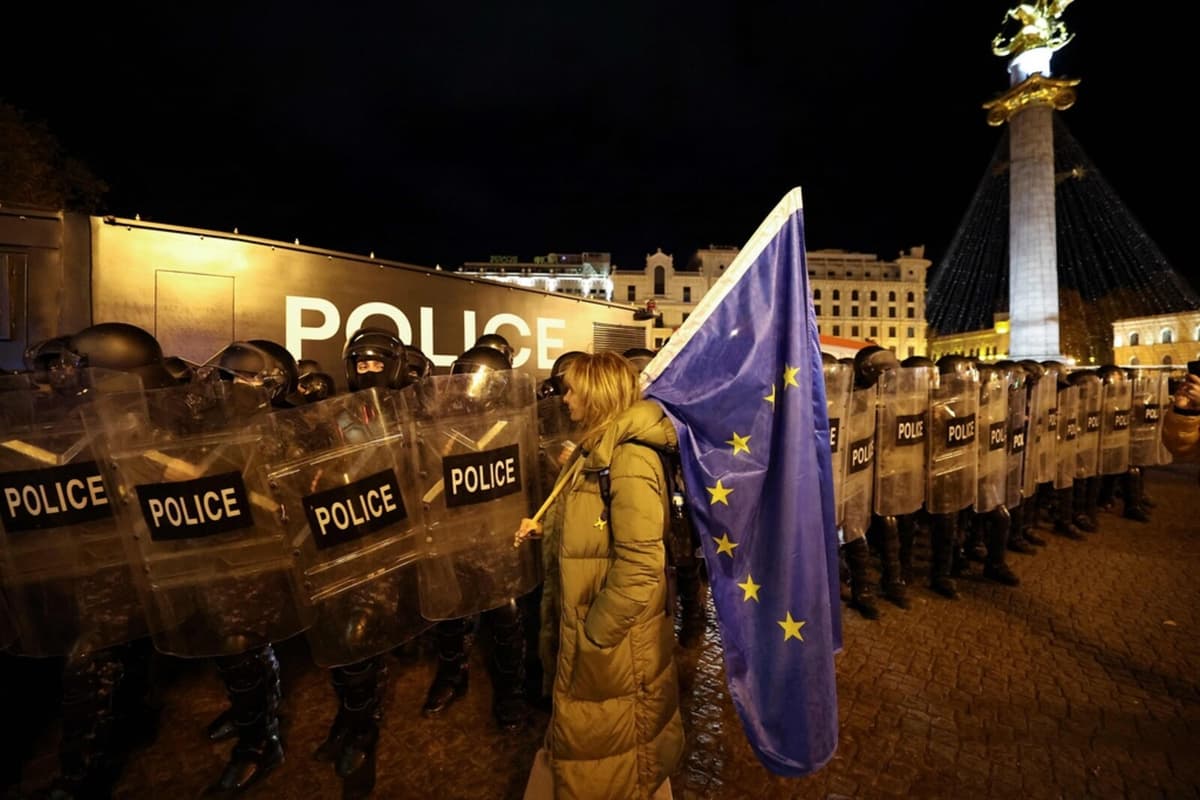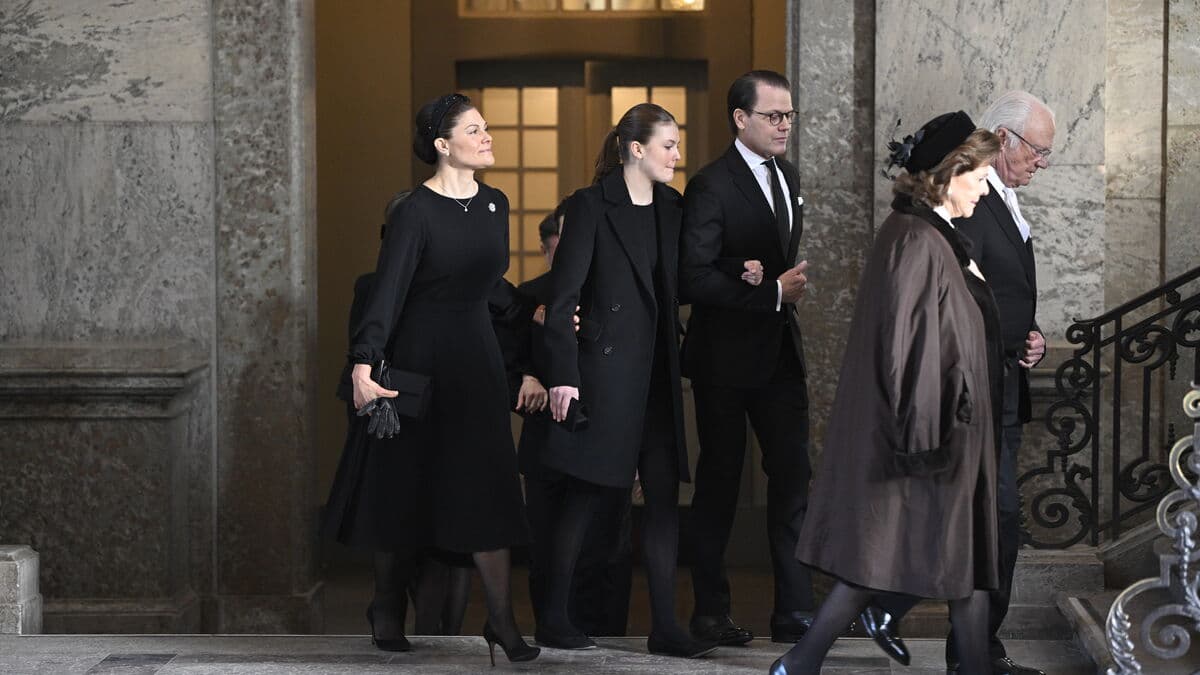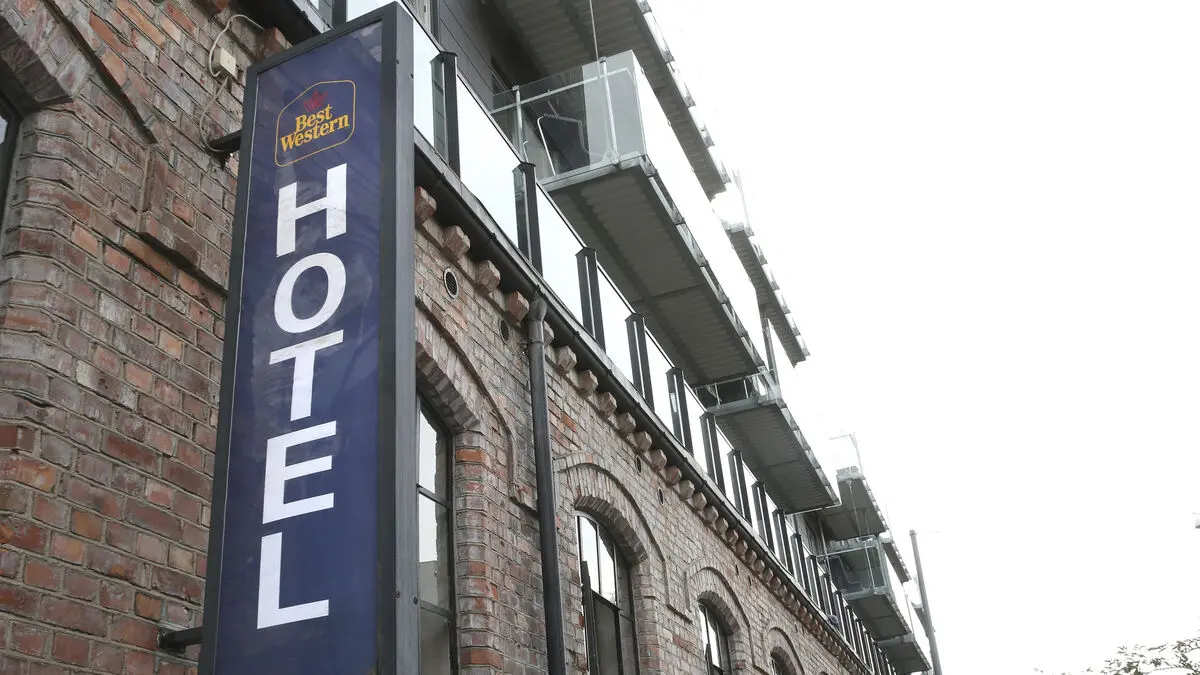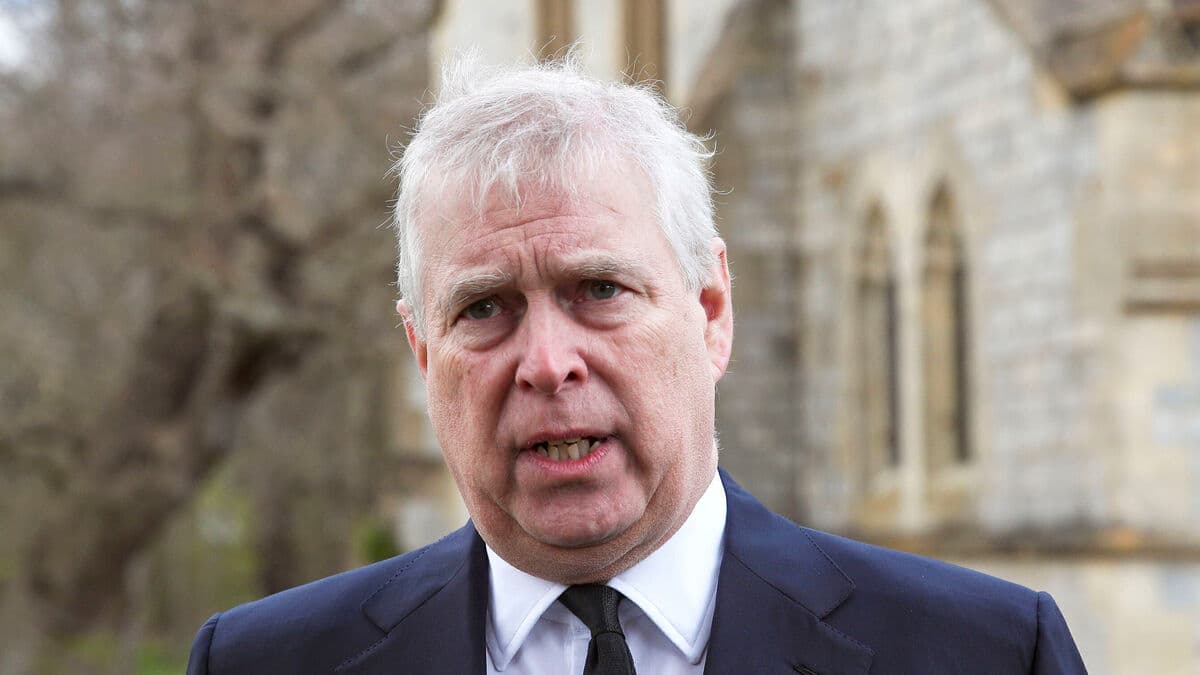Georgia will not resume the already paused talks on EU membership until the end of 2028. This message was given by Prime Minister Irakli Kobachidze on Thursday.
We will continue our path towards the EU, but we will not allow anyone to keep us in a constant state of blackmail, he said and continued:
We must clearly show certain European politicians and bureaucrats, who completely lack European values, that they must speak to Georgia with dignity, not through blackmail and insults.
Stop since earlier
Georgia has formal status as a candidate country for membership – but when the country's disputed agent law was passed earlier this year, EU leaders announced that it effectively meant a stop for the membership process.
Kobachidze, who belongs to the Georgian Dream party, was formally re-elected as Prime Minister on Thursday, after the disputed election a month ago.
Both the opposition and large parts of the Western world have accused the ruling party of electoral fraud, which Kobachidze on Thursday called "cascades of insults".
EU resolution
On Thursday, the EU Parliament passed a non-binding resolution calling for the parliamentary election in Georgia to be re-held within a year, as the election was not considered free or fair.
The EU Parliament also wants to see personal sanctions against a number of high-ranking politicians in Georgia. This includes, among others, oligarch and former Prime Minister Bidzina Ivanishvili, Prime Minister Irakli Kobachidze, and former football star Kacha Kaladze – now mayor of the capital Tbilisi and general secretary of Georgian Dream.
Georgia's government, led by the Georgian Dream party, introduced an so-called agent law in June despite widespread popular protests against it.
The law means that organizations that receive more than a fifth of their funding from abroad must register with the authorities as organizations working on behalf of a foreign power. It raises questions about press freedom, including aid from, among others, Sweden. The law text has apparently been drafted according to a model used in Russia to restrict civil society and regime criticism.
Georgia has since earlier inscribed in its constitution that the country's government should strive for EU membership. In December last year, the country received formal status as a candidate country for membership – but when the agent law was passed, EU leaders announced that it effectively meant a stop for the membership process.
In connection with this, the EU summit also demanded that threats and violence against opposition members, journalists, and representatives of civil society should cease.
The few opinion polls that have been conducted have shown that a large majority of Georgia's population wants to join the EU.






